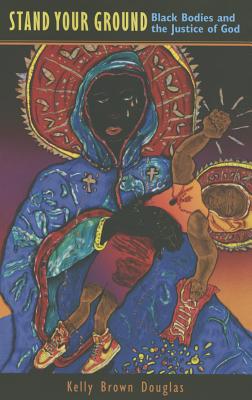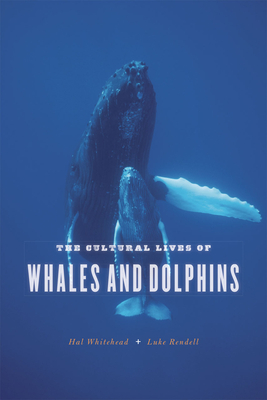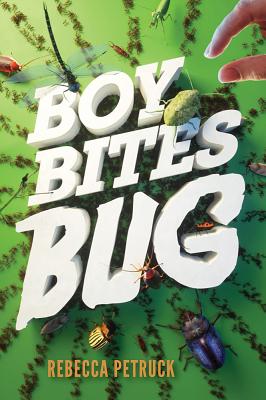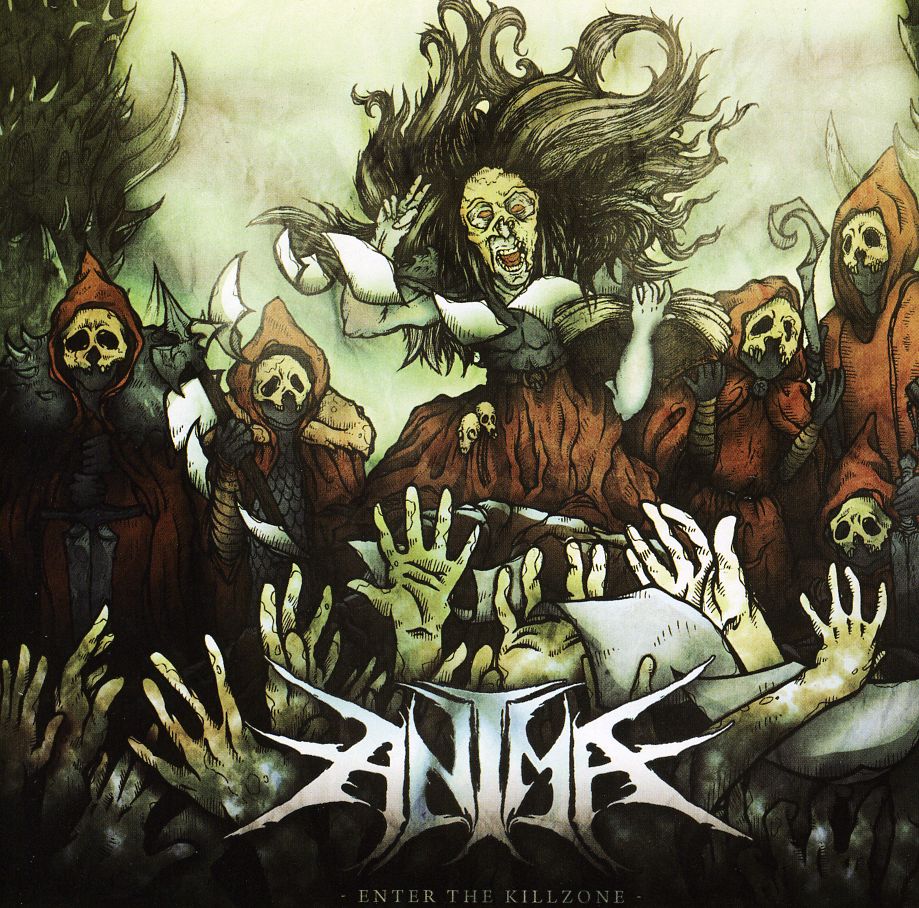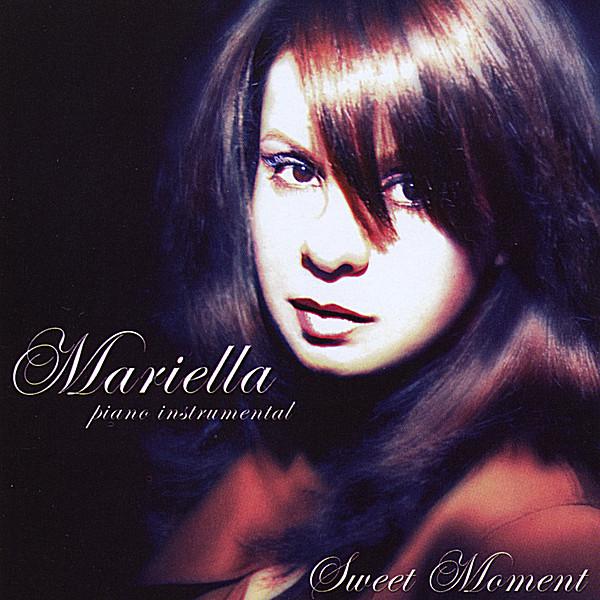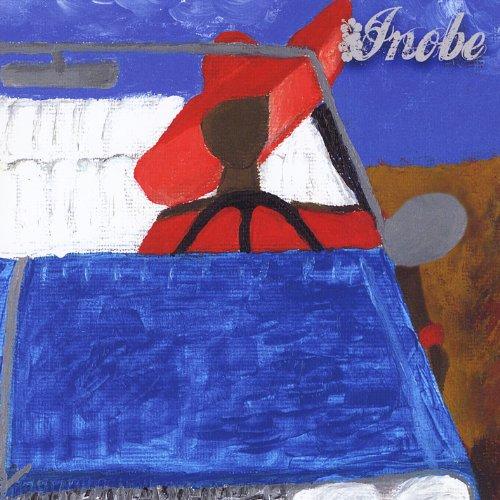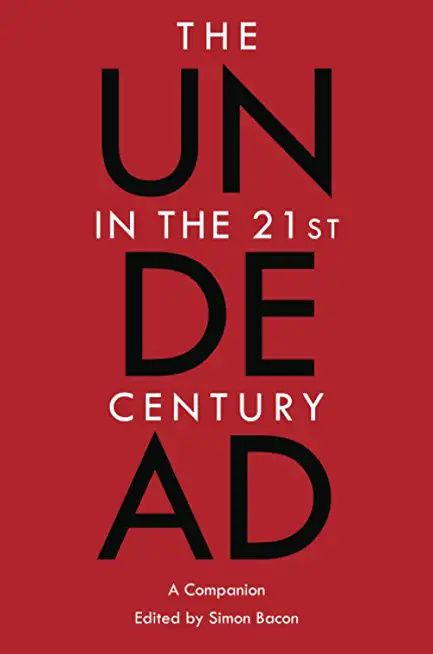
Beyond the narrow application to the pop-cultural zombie, Simon Bacon's editorial definition of the concept of being undead generates discussions in each chapter that creatively engage with the full agenda of critical debates in studies of horror and the gothic. With each chapter, the book unpacks the dense implications of its key concept, as it explores what it means to be undead, to determine who is and who isn't, and how this matters. The book earns its rewards as a Companion in the true sense of the term since it is sure to accompany many curious and critical journeys through undead twenty-first-century culture.
(Professor Steffen Hantke, Sogang University, Seoul, author of Monsters in the Machine: Science Fiction Film and the Militarization of America after World War II)
Who are the Undead?
The twenty-first century is truly the age of the undead. They are no longer just vampires or zombies, but every kind of monster that can be imagined. More so, they not only live in the alien terrain of our imaginations or nightmares but are embedded into the very nature of our existence in the neverending catastrophe of the 2000s. Featuring leading scholars such as David Punter, Roger Luckhurst, Jeffrey Andrew Weinstock and Lorna Piatti-Farnell amongst many others, the 30 original essays in The Undead in the 21st Century: A Companion describe and explain how the various fears and anxieties we have around such things as contagion, the environment, geopolitics and even ageing give form to the multifarious undead that plague our existence and seem bent on our destruction. However, as shall be argued here, if we can recognise and understand the undead they might not be the end of humanity as we know it, but possibly a way to exist beyond it.
